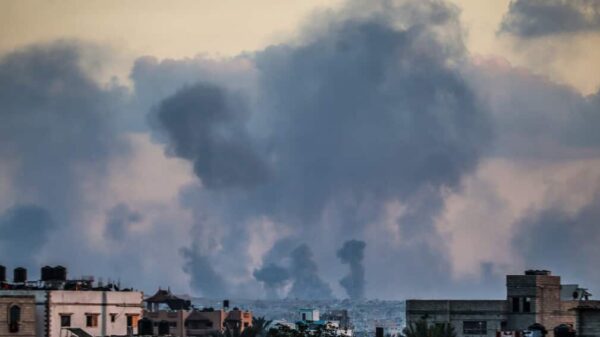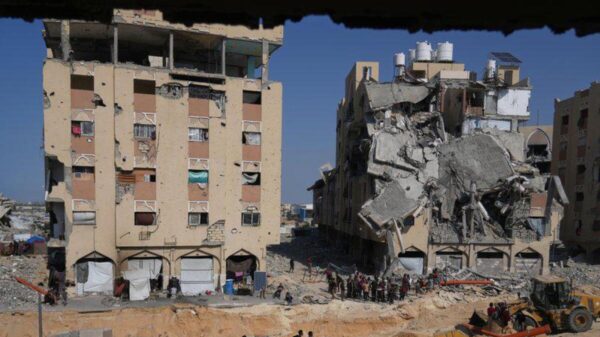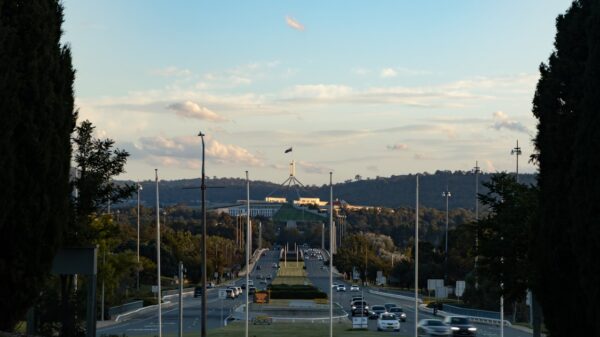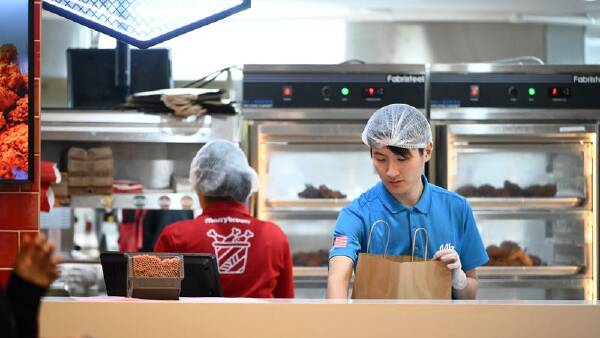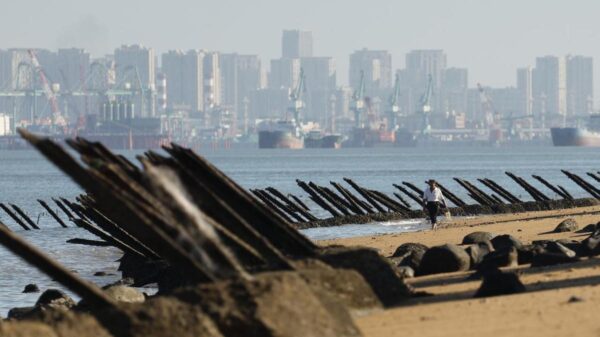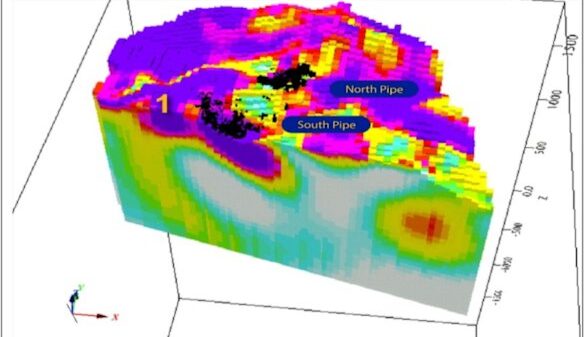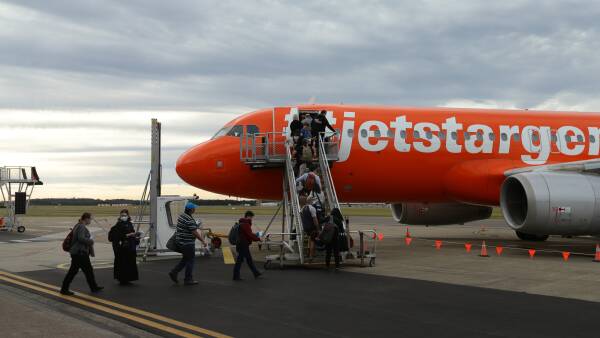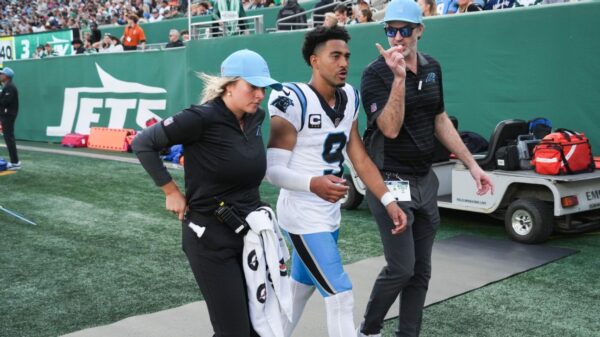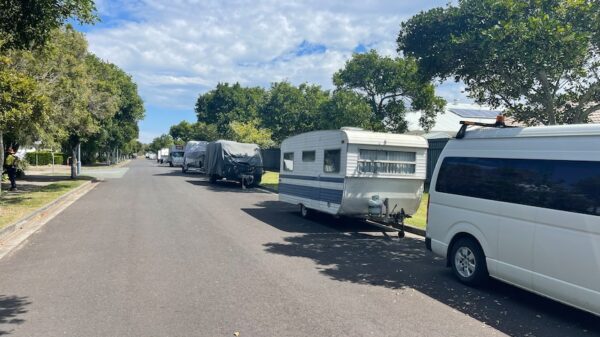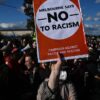Curbside trash collection in Philadelphia has been suspended since July 1, 2025, as the strike by municipal workers continues into its second week. The AFSCME District Council 33 union, representing around 9,000 workers including sanitation staff and city mechanics, is demanding better compensation and working conditions. This strike has led to significant garbage accumulation in various neighborhoods, with residents coining the term “Parker piles” to refer to the unsightly mounds of refuse, which they associate with the city’s leadership under Mayor Cherelle Parker.
The current strike is notable for its use of social media, which has become a pivotal tool for the union. According to Francis Ryan, a professor of labor studies at Rutgers University, this is the first time social platforms have played such a critical role in a labor dispute in Philadelphia. Union members are actively sharing their experiences and rallying public support online, which has fostered a sense of solidarity among residents.
Historically, Philadelphia has faced sanitation strikes dating back to March 1937. The first major strike occurred when more than 200 city workers were laid off in September 1938, leading to a weeklong work stoppage that resulted in violent confrontations between strikers and police. This pivotal moment in labor history marked the formal recognition of the American Federation of State, County and Municipal Employees (AFSCME) by the city, illustrating the potential for disruption that garbage strikes can cause.
Following the 1938 strike, there were fewer disputes until a brief strike in 1944. The national landscape also saw a rise in sanitation strikes during the 1960s, with the Memphis Sanitation Strike of 1968 being particularly noteworthy. Workers there, predominantly African American, demanded fair wages and safety measures, gaining support from notable figures like Dr. Martin Luther King, Jr.. His assassination on April 4, 1968, intensified the urgency for negotiations, leading to a settlement shortly thereafter.
Throughout the years, AFSCME has continued to organize public workers, resulting in various strikes across major cities, including New York and Atlanta. While these labor actions often yielded modest gains in wages, the frequency of such strikes diminished by the 1980s. Notably, Philadelphia experienced a three-week sanitation strike in 1986, which ended with some wage increases but significant losses in healthcare benefits.
Currently, members of AFSCME District Council 33 earn an average salary of $46,000 per year. According to the Massachusetts Institute of Technology’s Living Wage Calculator, this amount falls short by $2,000 for a single adult to meet basic living expenses in Philadelphia. Sanitation workers specifically earn between $42,500 and $46,200 annually, which is reported to be the lowest among major U.S. cities. In comparison, hourly wages for similar positions in Dallas range from $21 to $25-$30 in Chicago.
The unique dynamics of this strike, particularly the influential role of social media, have reshaped public perception and support. The pandemic has heightened awareness of essential workers’ contributions, prompting many to empathize with the striking workers’ plight. As budget cuts to essential services continue at various government levels, including proposed reductions to the city’s mass transit system, the strike has become a focal point for broader discussions about workers’ rights.
Ryan suggests that if the strike persists, it may capture greater national and international attention, further igniting conversations about fair treatment of workers. He emphasizes that the current level of public support for strikers is unprecedented, dating back to the strikes of the late 1930s.
Francis Ryan does not have any financial interests related to this article and has disclosed no relevant affiliations beyond his academic position.







